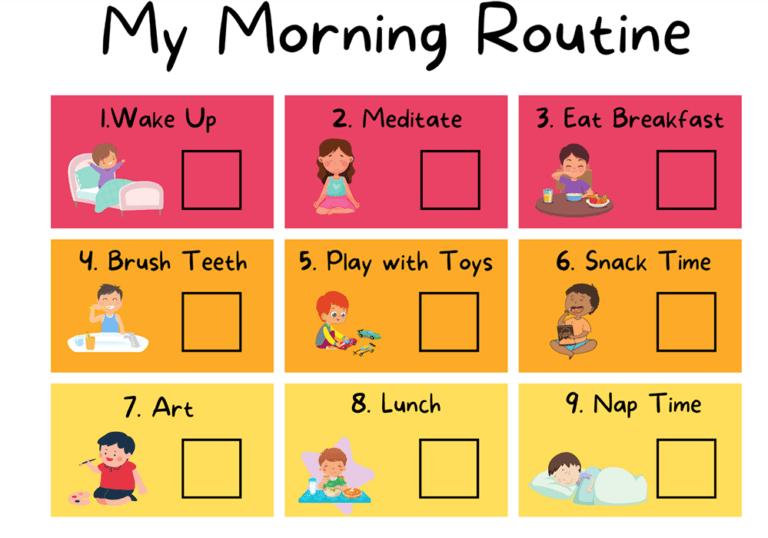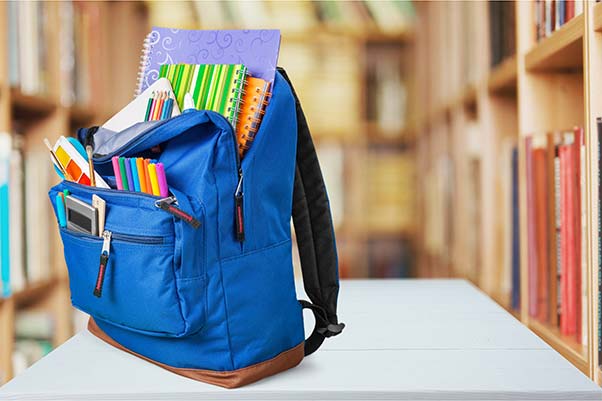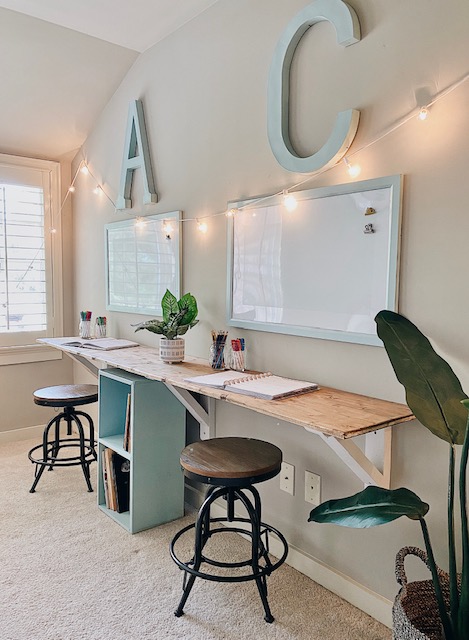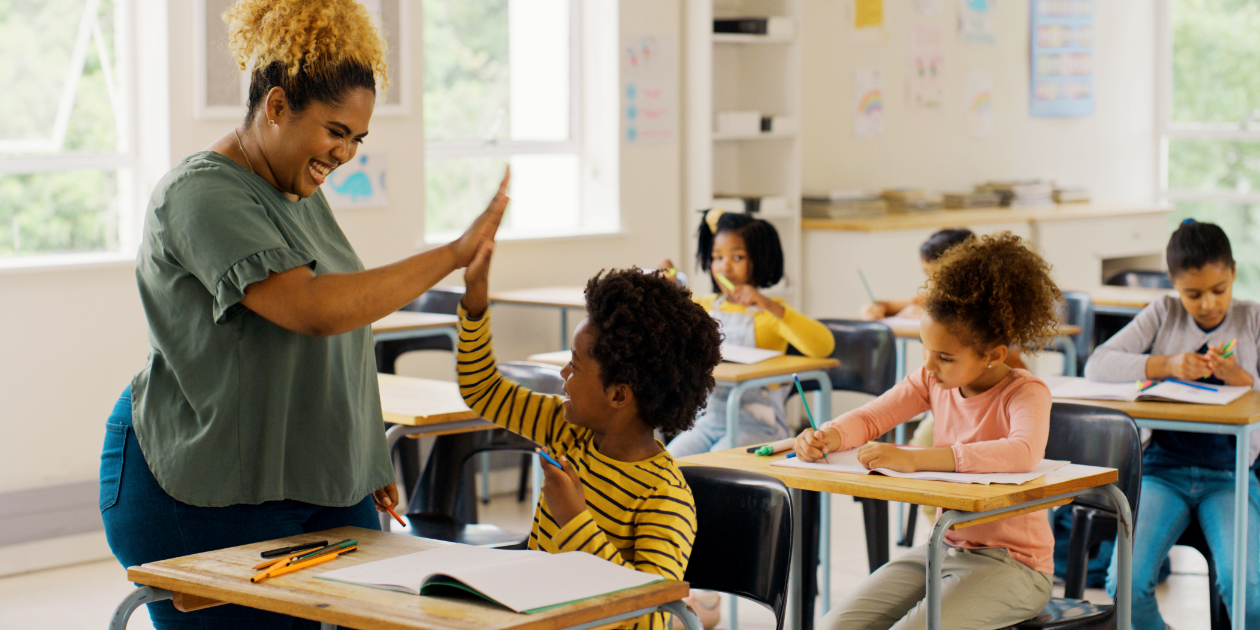The transition from school to home is a crucial part of the day for middle schoolers. Establishing a structured after-school routine can help your child decompress, stay organized, and manage…
Getting Organized for Back to School: A Guide for Parents of Neurodiverse Kids
As the back-to-school season approaches, getting organized can significantly reduce stress and create a smoother transition for neurodiverse children. Organization plays a crucial role in helping children feel secure and prepared for the new school year. Here’s a comprehensive guide to help you and your child get organized and ready for a successful start.
Create a Central Command Center
Setting up a central command center in your home can be incredibly helpful. This is a designated area where you keep all important school-related items and information. Here’s what to include:
- Calendar: A large calendar to track school events, assignments, and extracurricular activities. Use different colors for different types of activities to make it visually clear.
- Supply Station: A well-stocked supply station with essentials like pencils, pens, markers, paper, notebooks, and other school supplies. Having everything in one place makes it easier to find what’s needed.
- In/Out Bins: Bins or trays labeled “In” and “Out” for incoming papers, permission slips, homework, and other documents. This helps keep track of what needs to be done and what has been completed.
- Visual Schedules: Visual schedules can help neurodiverse children understand and follow daily routines. Include pictures or icons to represent different activities and tasks.

Prepare the School Wardrobe
Organizing your child’s school wardrobe in advance can save time and reduce morning stress. We recommend the following strategies to help your mornings turn into a success!
- Outfit Planning: Plan outfits for the week ahead. Use a hanging organizer with labeled slots for each day of the week. This allows your child to choose their outfit easily each morning.
- Sensory-Friendly Clothing: If your child has tactile sensory sensitivities, it is often helpful to have clothing that is comfortable and sensory-friendly. Avoid tags, seams, and materials that might irritate your child’s skin. Let your child have a say in selecting their clothes to ensure they feel comfortable and confident.
- Shoes and Accessories: Keep shoes, socks, and accessories in designated spots. Use clear bins or labeled shelves to keep everything organized and easy to find.

Organize the Backpack
A well-organized backpack can make a big difference in your child’s school day. Here’s how to get it ready:
- Essential Supplies: Make a checklist of essential supplies your child needs to have in their backpack, such as notebooks, folders, pens, pencils, a water bottle, and any necessary electronics or chargers.
- Compartmentalization: Use small pouches or zip-lock bags to organize smaller items like pens, erasers, and earbuds. This prevents items from getting lost at the bottom of the bag.
- Weekly Clean-Out: Establish a routine for cleaning out the backpack weekly. This helps get rid of unnecessary clutter and ensures that important items are always within reach.

Create a Homework Station
Having a designated homework station can help your child focus and stay organized while doing their schoolwork. Here’s what to include:
- Quiet Space: Choose a quiet, well-lit area away from distractions. Ensure it’s a place where your child can work comfortably for extended periods.
- Supplies on Hand: Keep all necessary supplies within reach, such as pencils, erasers, rulers, calculators, and reference materials.
- Organizational Tools: Use folders, binders, and trays to keep assignments organized. Label everything clearly to make it easy for your child to find what they need.
- Comfortable Seating: Ensure the chair and desk are appropriately sized for your child. Consider using a cushion or footrest if needed to provide additional comfort.

Prepare for the First Day
The first day of school can be particularly challenging for neurodiverse children. Here are some tips to make it easier:
- Visit the School: If possible, visit the school with your child before the first day. Familiarize them with the layout, their classroom, and key areas like the cafeteria and restrooms.
- Meet the Teacher: Arrange a meeting with your child’s teacher. This allows your child to meet their teacher in a relaxed setting and helps establish a connection.
- Pack the Night Before: Use all the strategies above to help make your child’s first day a success! Pack the backpack, prepare lunch, and lay out clothes the night before. This reduces the morning rush and helps your child start the day calmly.
- Morning Routine: Establish a consistent morning routine. Neurodiverse children (and even most neurotypical children) benefit from having a structured routine to know exactly what’s expected of them (and what will happen next!). This helps to reduce additional stress for both you and your child.

Stay Flexible and Communicative
While organization is essential, it’s also important to stay flexible and open to adjustments. Each child is unique, and what works for one might not work for another. Regularly check in with your child to see how they’re feeling and make changes as needed.
Maintain open lines of communication with your child’s teachers and school staff. Share any strategies that work well at home and be receptive to their suggestions. Working together as a team can provide the best support for your child’s needs.
Getting organized for back to school involves planning and creating structures that support your neurodiverse child’s needs. A central command center, organized school wardrobe, well-prepared backpack, designated homework station, and thoughtful preparation for the first day can make a significant difference. By staying flexible and communicative, you can help ensure a successful and less stressful school year for your child.
